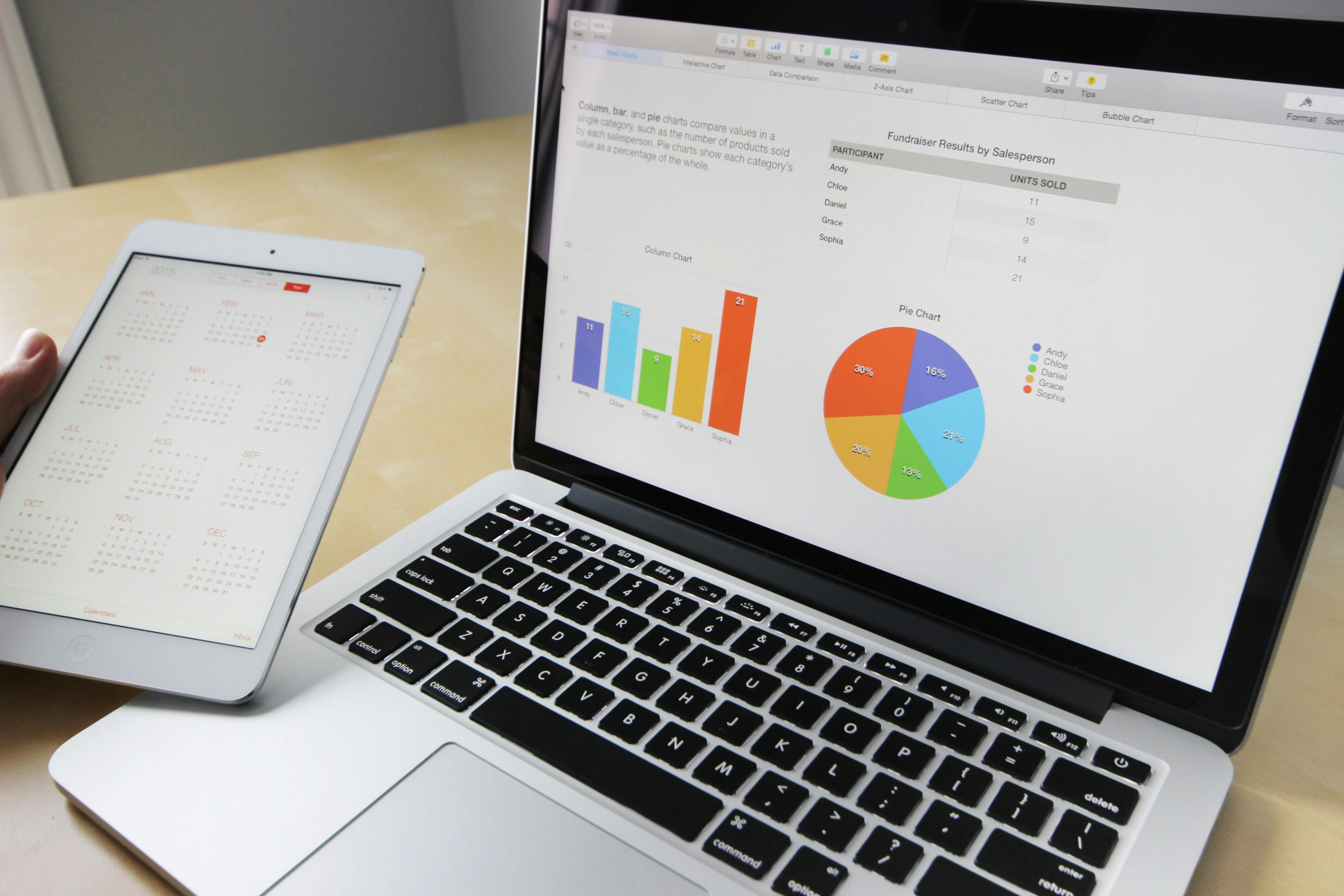CMS
Why Risk Assessment is No Longer Optional in 2025
Why Risk Assessment is No Longer Optional in 2025
Apr 10, 2025


In today's hyper-connected world, cybersecurity risk is no longer a concern only for large enterprises. With increasing regulatory pressures, third-party dependencies, and evolving threats, risk assessment has become a critical function for every organization—regardless of size or industry.
🧠 What is Risk Assessment?
Risk assessment is the process of identifying, evaluating, and prioritizing risks that could impact your organization’s operations, reputation, or compliance standing. It's the first and most important step in building a resilient cybersecurity strategy.
🚨 Why Risk Assessment Matters More Than Ever
1. Evolving Cyber Threats
Cyber threats are more sophisticated, targeted, and frequent. From ransomware to insider threats, businesses need proactive visibility into potential risks before they become costly incidents.
2. Third-Party Risk is Rising
Vendors and partners are often the weakest link in your security chain. A solid risk assessment strategy helps evaluate and monitor third-party exposure, ensuring you’re not blindsided by supply chain vulnerabilities.
3. Compliance is Getting Tighter
Regulations like GDPR, HIPAA, ISO 27001, and CCPA require organizations to perform regular risk assessments. Non-compliance isn’t just risky—it’s expensive. Fines, lawsuits, and loss of customer trust are real consequences.
4. Reputation is Everything
A single breach can damage customer confidence and public trust overnight. Understanding your risks and mitigating them early protects not just your data, but your brand.
✅ What Makes a Good Risk Assessment Process?
A modern, effective risk assessment approach should be:
Automated: Eliminate repetitive manual tasks
Continuous: Risk isn’t static—your assessments shouldn’t be either
Scalable: Whether you're evaluating 10 vendors or 1,000, the process should adapt
Tailored: Every organization’s risk profile is unique; one-size-fits-all doesn't cut it
🔐 How Our Platform Helps
Our risk assessment platform is designed for cybersecurity professionals who need clarity, speed, and confidence. With features like:
Real-time dashboards
Automated scoring
Customizable risk frameworks
Streamlined compliance workflows
…you can spend less time chasing spreadsheets and more time reducing actual risk.
💡 Final Thoughts
In 2025, risk assessment isn’t a checkbox—it’s a business imperative. Whether you're a startup or a Fortune 500, embedding proactive risk management into your operations is key to staying secure and competitive.
🛡️ Want to learn how to level up your risk posture? Book a demo with us today and see what modern risk management looks like.
In today's hyper-connected world, cybersecurity risk is no longer a concern only for large enterprises. With increasing regulatory pressures, third-party dependencies, and evolving threats, risk assessment has become a critical function for every organization—regardless of size or industry.
🧠 What is Risk Assessment?
Risk assessment is the process of identifying, evaluating, and prioritizing risks that could impact your organization’s operations, reputation, or compliance standing. It's the first and most important step in building a resilient cybersecurity strategy.
🚨 Why Risk Assessment Matters More Than Ever
1. Evolving Cyber Threats
Cyber threats are more sophisticated, targeted, and frequent. From ransomware to insider threats, businesses need proactive visibility into potential risks before they become costly incidents.
2. Third-Party Risk is Rising
Vendors and partners are often the weakest link in your security chain. A solid risk assessment strategy helps evaluate and monitor third-party exposure, ensuring you’re not blindsided by supply chain vulnerabilities.
3. Compliance is Getting Tighter
Regulations like GDPR, HIPAA, ISO 27001, and CCPA require organizations to perform regular risk assessments. Non-compliance isn’t just risky—it’s expensive. Fines, lawsuits, and loss of customer trust are real consequences.
4. Reputation is Everything
A single breach can damage customer confidence and public trust overnight. Understanding your risks and mitigating them early protects not just your data, but your brand.
✅ What Makes a Good Risk Assessment Process?
A modern, effective risk assessment approach should be:
Automated: Eliminate repetitive manual tasks
Continuous: Risk isn’t static—your assessments shouldn’t be either
Scalable: Whether you're evaluating 10 vendors or 1,000, the process should adapt
Tailored: Every organization’s risk profile is unique; one-size-fits-all doesn't cut it
🔐 How Our Platform Helps
Our risk assessment platform is designed for cybersecurity professionals who need clarity, speed, and confidence. With features like:
Real-time dashboards
Automated scoring
Customizable risk frameworks
Streamlined compliance workflows
…you can spend less time chasing spreadsheets and more time reducing actual risk.
💡 Final Thoughts
In 2025, risk assessment isn’t a checkbox—it’s a business imperative. Whether you're a startup or a Fortune 500, embedding proactive risk management into your operations is key to staying secure and competitive.
🛡️ Want to learn how to level up your risk posture? Book a demo with us today and see what modern risk management looks like.
Want to learn how to level up your risk posture?
Want to learn how to level up your risk posture?
Book a demo with us today and see what modern risk management looks like.
Book a demo with us today and see what modern risk management looks like.
Cybersecurity Made Simpler — with Experts by your side.
Vectra View helps you manage risk, meet compliance goals, and stay secure — with smart automation and hands-on support built in.
© 2025 Vectra View. All Rights Reserved.
Cybersecurity Made Simpler — with Experts by your side.
Vectra View helps you manage risk, meet compliance goals, and stay secure — with smart automation and hands-on support built in.
© 2025 Vectra View. All Rights Reserved.
Cybersecurity Made Simpler — with Experts by your side.
Vectra View helps you manage risk, meet compliance goals, and stay secure — with smart automation and hands-on support built in.
© 2025 Vectra View. All Rights Reserved.